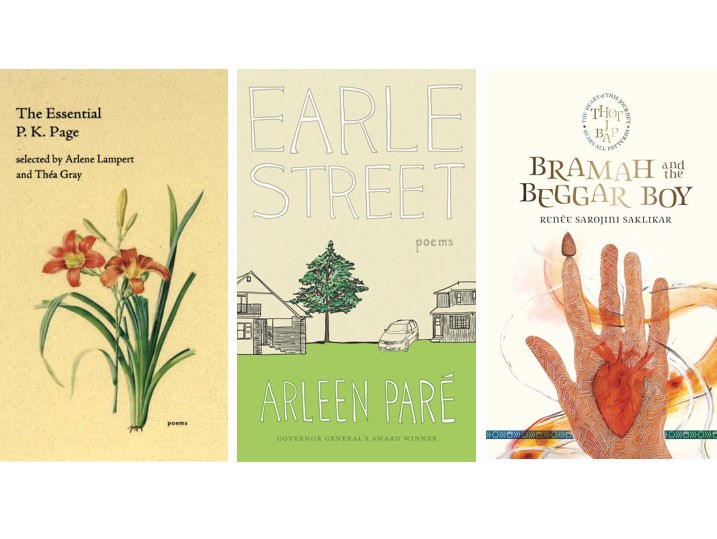I met a poet once at a book reading in some dark, obscure bar in Vancouver, a lovely shaggy fellow who loved poetry. He said that poetry is “invigorating.”
I have always remembered his excitement over poetry. I have not written poetry but if I did, I would compose a poem titled: “Why I Won’t Take A Sauna.”
When I had my dear old historic farm in North Saanich, I imported from the United States two rare-breed Gloucester Old Spot sows. They were enormous, sweet-smelling and placid creatures, their great warm pink bulk lumbering around the meadow, wallowing in their mud hole or nibbling at buttercups.
For the first month or two, they had to be quarantined, having arrived from another country. By order of Agriculture Canada, I had to wear a billowing hazmat type of white paper suit with a hood when I fed them.
Following their quarantine, I arranged a small swearing-in citizenship ceremony in their sty. The selected guests arrived, the dress code being “rubber boots” and “formal farm labour wear.”
The two new honoured Canadians grunted through the entire celebration, deep in their hay beds under a string of Canadian flags hung across the cobwebbed rafters, and only raised their lips to eat their cooked Canadian potato and apple slices (the guests had champagne).
One of the invited knew the Canadian poet P.K. Page. P.K. could not make the ceremony, but sent along a delightful poem welcoming the pigs to their new country. She was kind enough to allow me to include her poem in my first book:
“Let us lift up our glasses
To two lovely lasses
Whose pulchritude fills us with bliss.”
If you would like to read poetry but are a bit hesitant, or feel you may not understand it, give yourself some quiet time and pick up one of P.K. Page’s poetry collections. My personal favourite is Hand Luggage: A Memoir in Verse (2006, The Porcupine’s Quill), which you may still be able to find in some bookstores, or excerpted in other collections.
P.K., who passed away in 2010, was married to W. Arthur Irwin, a Canadian diplomat, and a dominant theme in her lovely, poignant, readable verse is her travels, reflections and observations as a diplomat’s wife in various locations.
She writes about her house when they were posted in Australia, “… with a bell in each room … Ex(cellency) — God’s truth! Unbelievably swank!”
When she heard, while attending a fancy dinner party, that Dylan Thomas had died, she writes: “… and I grieved by myself. Our hosts little knew that a light had gone out.” In Brazil she ate turtle: “Its shell was the plate (Why was it disturbing when oysters are not?)”
The Essential P.K. Page, selected by Arlene Lampert and Théa Gray (2008, The Porcupine’s Quill), provides a variety of her poetry. In Address at Simon Fraser (excerpt), she gives this advice: “So, what is there to tell you? Only this, ‘Imagination is the star of man’.”
Bramah and the Beggar Boy by Renée Sarojini Saklikar (2021, Nightwood Editions) is a completely different read, but will appeal to those who love deeply involved fantastical story telling, in this case in verse.
There is a multitude of levels to this tale, told as an epic fantasy, the major theme being the ravaging effects of climate change. Bramah is a “brown, brave and beautiful” locksmith (female) who meets an orphan beggar boy. Together, through magic, her grandmother and “Four Aunties of the Wishing Well,” plus time travel, they battle the evil (known as the “Consortium”) of the planet, which has been destroyed by “surging tides … wild fires .. . water rights abandoned …”
Brahma introduces the beggar boy to her Grandmother, a wise elder who, with “… her warm hands, her unlined skin …,” saves seeds. “Grandmother took the boy’s hand and shook kernels, red dawn, sequoia swirls, hard spindle-shaped, seeds as thin as oatmeal flakes fluttered down.”
Recently, I had the delightful task of hosting a live writing-panel event at Royal Athletic Park.
Local poet Arleen Paré was one of the readers. Her latest book of poems, Earle Street (2020, Talonbooks), is a cool and soothing collection of observations from her home on Earle Street in Fairfield. She sees her home in four sections: as a river, an arboretum, a window and a whole world.
November Bird Count From Inside The House describes her bird observations, ending with the crow count: “American crow: seven, eight, no, nine. Wait, seventeen.”
I related strongly to her evening strolls, “the orange rectangular glow that amplifies uncurtained windows … amber lit at the end of the day …”
So try a bit of poetry this summer — amble through the words as if taking a walk, and see what resonates with you!



